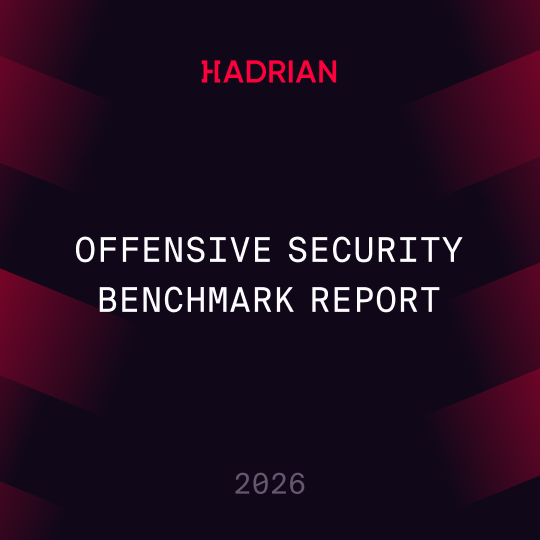
In the digital age, understanding and managing your cybersecurity exposures require more than just piecemeal efforts; they demand a comprehensive and holistic view of your entire attack surface. Previously in this series, we looked at the hacker’s perspective to understand the myriad ways in which threat actors exploit your digital landscape. In our second blog, we unveiled the "black box" of automated security monitoring - showcasing how technological innovations are enabling organizations to keep a 24x7 watch on their security postures.
To continue the third blog of my series “Continuous Threat Exposure Management: The Hacker’s Perspective, we'll explore how the synergy between External Attack Surface Management (EASM) and Automated Security Testing can elevate your cybersecurity strategy, discover every blind spot and predict threat actor’s attack paths.
As discussed last time, Automated Security Testing has evolved beyond simple vulnerability scanning to encompass a broader range of security concerns like misconfigurations and Lost Credentials. Automated Security Testing is the practice of using automated tools and systems to perform security testing on software or application. It’s a cornerstone for maintaining robust security in fast-paced environments, allowing organizations to identify and remediate vulnerabilities on a regular basis without the need for extensive manual intervention.
A recap: What is External Attack Surface Management?
External Attack Surface Management (EASM) is a comprehensive approach that identifies, catalogs, and monitors all the internet-facing assets in an organization, such as servers, domains, cloud assets, and third-party integrations. It provides a holistic view of an organization's digital footprint, ensuring all potential entry points for cyber-attacks are known and can be effectively managed and protected.
The integral role of EASM in security testing
External Attack Surface Management (EASM) is a crucial pillar of strong security testing. Without a broad EASM strategy, automated security testing can turn into a narrow search, limited by what it knows exists and hindered by the unseen. It's similar to trying to fix a complex machine with only partial knowledge of its parts. For example, if a part of your cloud assets, connected to a rarely-used third-party service, falls out of your sight, possible vulnerabilities, setup errors, or exposed credentials within that area will surely remain unexamined and, consequently, unaddressed.
At the same time, the reverse holds true: EASM, without automated security testing, can quickly become an overwhelming flood of data. An organization's digital footprint, including servers, IP addresses, domains, and cloud assets, is vast and always changing. Without the sharp precision of automated security testing, it's like using a flashlight to view the night sky — too many points of light to see any meaningful patterns or identify major risks. Picture sorting through hundreds of domains and thousands of IPs manually — key risks could easily get lost in this digital noise.
The insights from automated security testing inform and refine the EASM process, helping it to better encapsulate the organization's digital ecosystem. In the end, each of these parts — EASM and automated security testing — adds to and enriches the other, creating a positive feedback loop.
How Leroy Merlin benefited from a more proactive security strategy: The role of EASM
Leroy Merlin, a leading home improvement and gardening retailer based in France, has been at the forefront of digital and cloud transformation.
EASM tools are valuable through using open-source data collectors and passive data sources to identify assets previously unknown to Leroy Merlin. In this case, Hadrian used prior knowledge of e-commerce security to deploy tools which targeted areas most likely to contain forgotten assets. From then, Hadrian was able to identify a vulnerable endpoint with an unmonitored administration page.
Hadrian’s event-driven technology is also proved to be valuable in developing unique attack paths tailored to Leroy Merlin’s external attack surface. When Hadrian discovered the cookies in the administration page, it triggered a hacking tool. The hacking tool used the cookies to gain access to accounts containing sensitive company and customer information.
EASM and Automated Security Testing: Better Together
By integrating EASM and Automated Security Testing, organizations can ensure a proactive and comprehensive approach to managing their cybersecurity. EASM gives a complete view of your attack surface, while Automated Security Testing dives deeper into the identified assets, scanning for vulnerabilities, misconfigurations, lost credentials, and more. With this powerful combination, organizations can anticipate and mitigate potential threats, ensuring no part of their attack surface remains unsecured or unexamined. The result is a more robust and resilient cybersecurity posture capable of standing up against the evolving cyber threat landscape.






